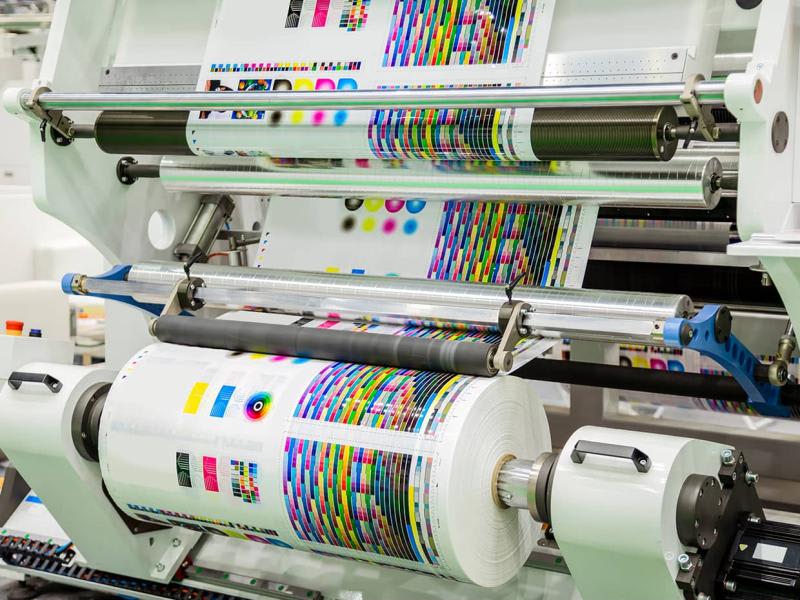Are you looking at buying a new work ute?
Or are you uncertain of what expenses you can claim going between work sites? Do you need to carry tools and equipment in your vehicle?
No matter if you are an employee, sub-contractor or have your own building or trades business there are only two methods under which you can claim motor vehicle expenses for income tax purposes. You can use either the “cents per kilometre” or “actual cost” method.
CENTS PER KILOMETRE METHOD
If you travel less than 5,000km for work you can claim the ATO rate per kilometre travelled.
Rates are reviewed on an annual basis, the most recent rates are as follows:
- 88 cents per kilometre for 2024–25
- 85 cents per kilometre for 2023–24
- 78 cents per kilometre for 2022–23
- 72 cents per kilometre for 2020–21 and 2021–22
- 68 cents per kilometre for 2018–19 and 2019–20
- 66 cents per kilometre for 2017–18.
You must ensure your claim does not exceed 5,000 KM per vehicle per year and travel must be directly work-related.
ACTUAL COST METHOD
You can claim a percentage of the actual expenses incurred:
- Fuel and Oil
- Licenses and Registrations
- Insurance
- Repairs and servicing
- Interest on loans
- Depreciation on the purchase of the vehicle (within allocated cost limits)
The ATO also has a limit on the value of your vehicle for tax depreciation claim purposes. The most recent limits are as follows:
Financial year | Car limit | ATO reference |
|---|---|---|
2025–26 | $69,674 | The indexation factor is 0.997, calculated as 444.3 divided by 445.7. |
2024–25 | $69,674 | The indexation factor is 1.023, calculated as 445.7 divided by 435.5. |
2023–24 | $68,108 | The indexation factor is 1.052, calculated as 435.5 divided by 413.8. |
2022–23 | $64,741 | The indexation factor is 1.066, calculated as 413.8 divided by 388.1. |
2021–22 | $60,733 | The indexation factor is 1.027, calculated as 388.1 divided by 377.9. |
2020–21 | $59,136 | The indexation factor is 1.027, calculated as 377.9 divided by 368.1. |
If your vehicle is 100% used for work purposes with minor and infrequent personal use, you may be entitled to claim more than the ATO cost limit.
If your vehicle is a ute, panel van or minivan (with over one tonne carrying capacity or can transport more than nine passengers) there is no requirement for a logbook however you will need to calculate work-related percentages and keep all relevant calculations to substantiate your claim.
It is a requirement to keep a valid logbook for 12 consecutive weeks to substantiate the work-related percentage of these expenses if your vehicle is considered a car.
All records must be kept for 5 years from the date of lodgement.
EMPLOYEE
If you are an employee, you are unable to claim vehicle expenses on travel between your home and primary place of employment or expenses for a vehicle that is under a novated lease.
Exceptions are:
- Travel between different worksites
- Carrying bulky tools to a site that does not have secure storage
- Travel to meetings, training and courses that are not held at your primary place of employment
For example, Bill is an electrician who works as an employee for XYZ Electrical Services Pty Ltd. During the 2022 financial year Bill used his own vehicle to travel from home to the XYZ yard and back totalling 2,400km. He then also travelled from the yard to different job sites, totalling 4,000km for the year. In June he travelled another 50km from home to complete a safety course.
In his 2021/22 tax return, Bill can only claim for the travel between sites and to training totalling 4,050km at the allocated rate of 72 cents totalling $2,916 deductible expense.
CONTRACTORS AND BUSINESS OWNERS
If you have a small business with an aggregated turnover of less than $5 billion you can utilise the temporary full expensing rules to write off the total business portion of the vehicle. This was available until 30 June 2023.
Depending on the structure of your business there are some considerations to make when claiming on motor vehicles.
If you run your business through a trust or company, you can claim the cents per KM method for privately owned vehicles. If the vehicle is owned by the trust or company and has private use, there may be potential Fringe Benefits Tax (FBT) implications.
For example, Bob runs a small roof tiling business as a sole trader and purchased a new Isuzu D-Max during the 2022 financial year for $68,000. The D-Max has a carrying capacity of more than one Tonne and is used 100% for work purposes.
In his 2021/22 tax return, Bob can claim 100% of the $68,000 under the temporary full expensing rules and 100% of all insurance, registrations, interest, and repairs incurred.
For more information
If you do need to lodge a tax return or wish to discuss in further detail what you are eligible to claim, please contact your local RSM office today.




